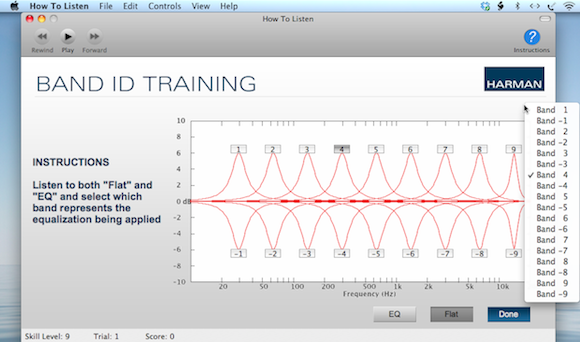DanielT
Major Contributor
And you can clearly hear yourself how bad it sounds when it's not in pitch, 2:40 into the video regarding pitch, out of tune, vibrato with slide guitar.Classical musicians in particular are concerned with pitch, both as regards such things as vibrato and specific pitches.
Feel free to watch part two of his video, he has fun comments regarding some familiar licks.


